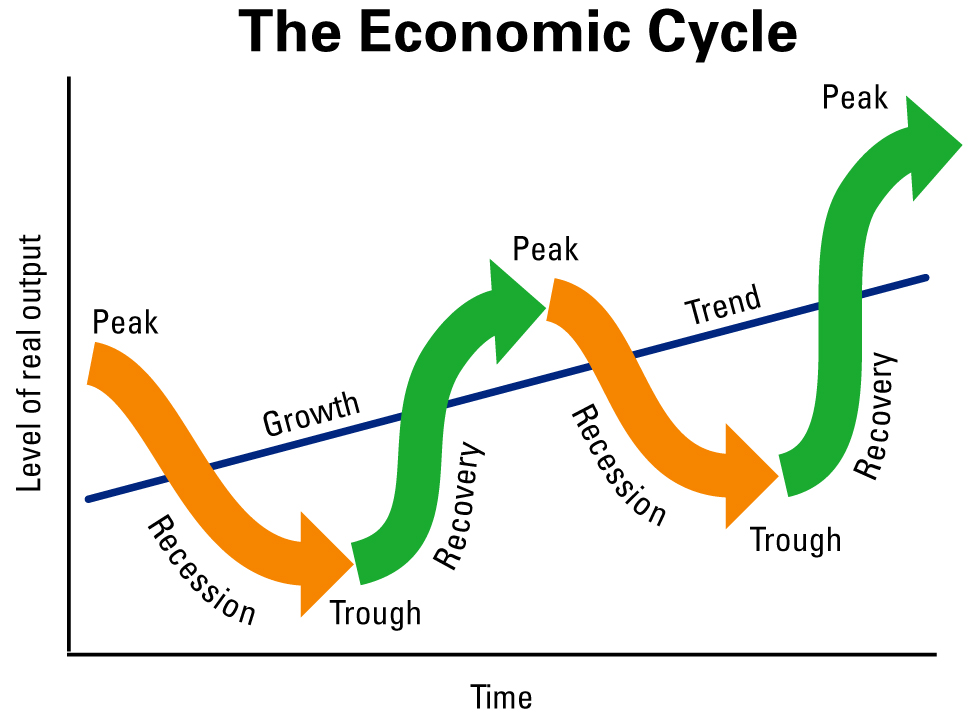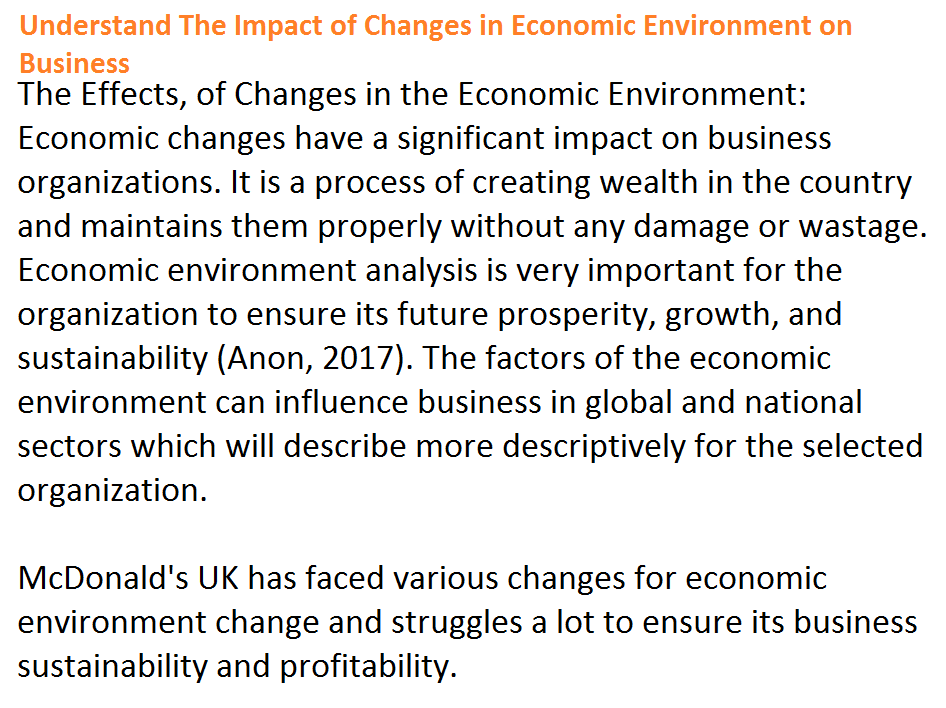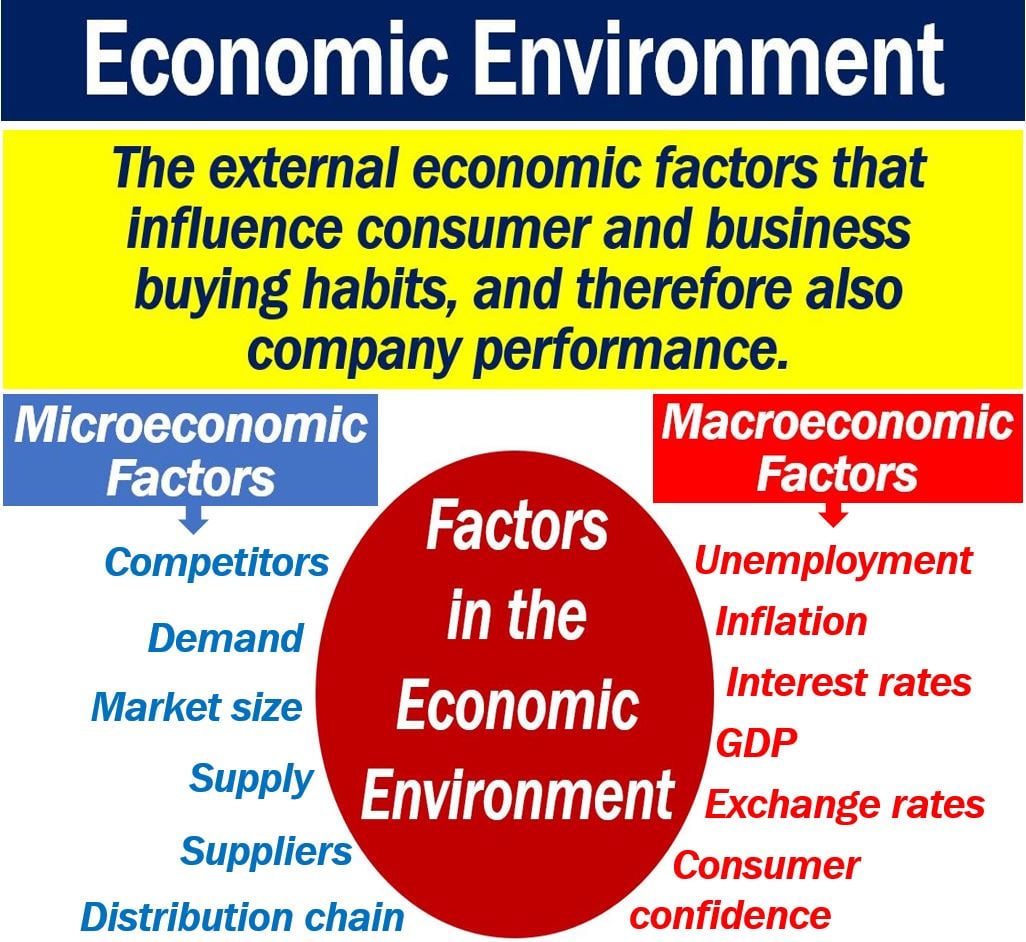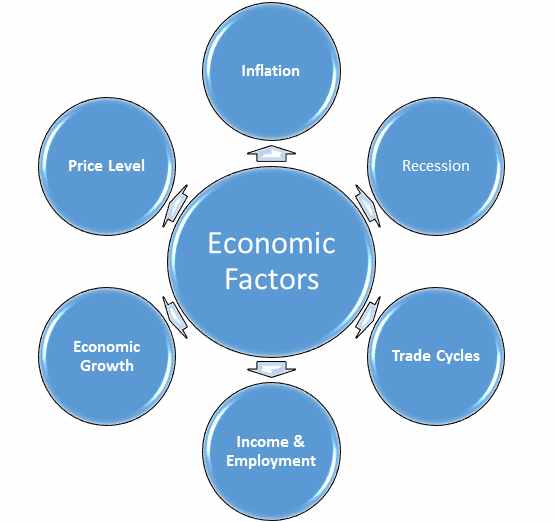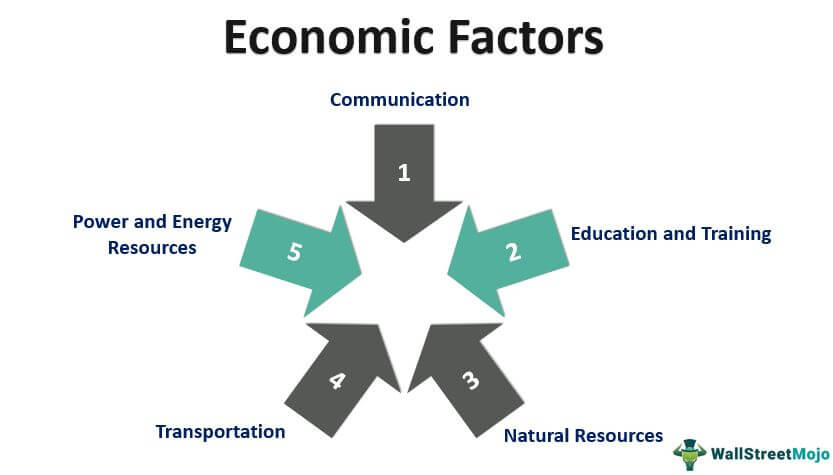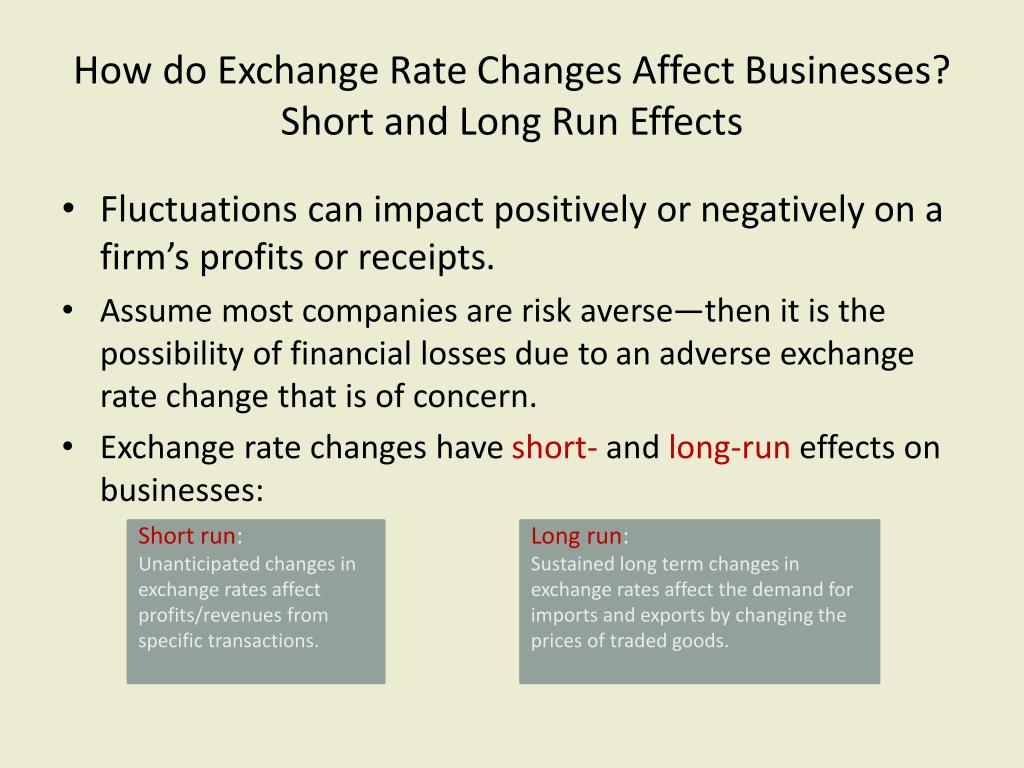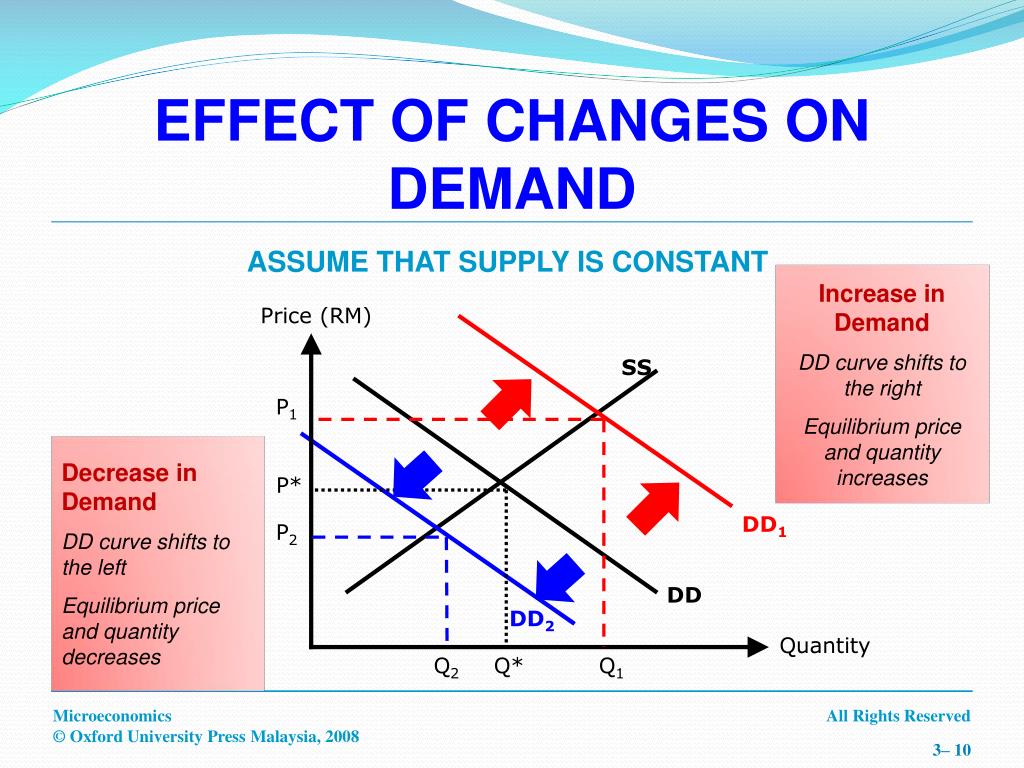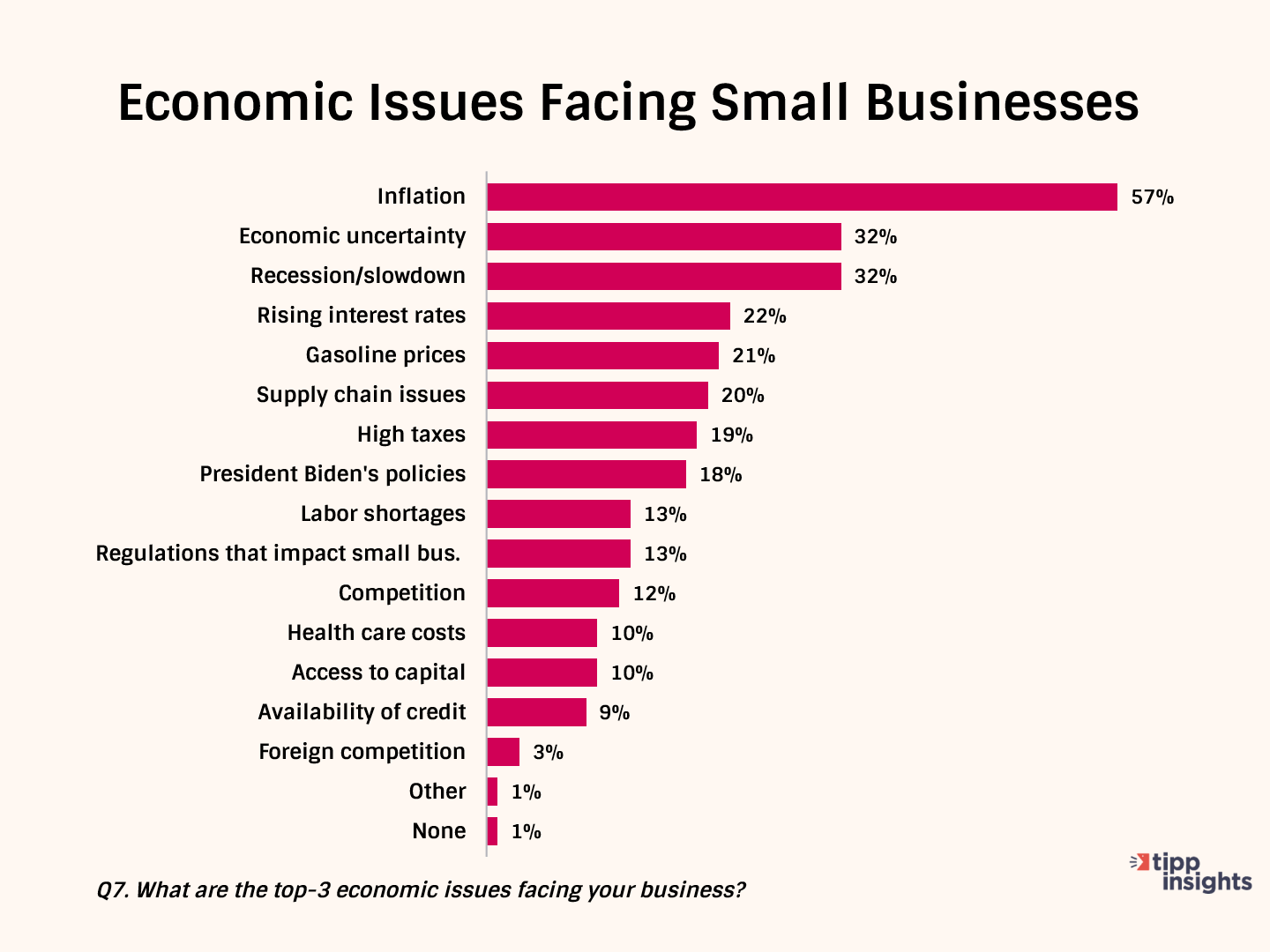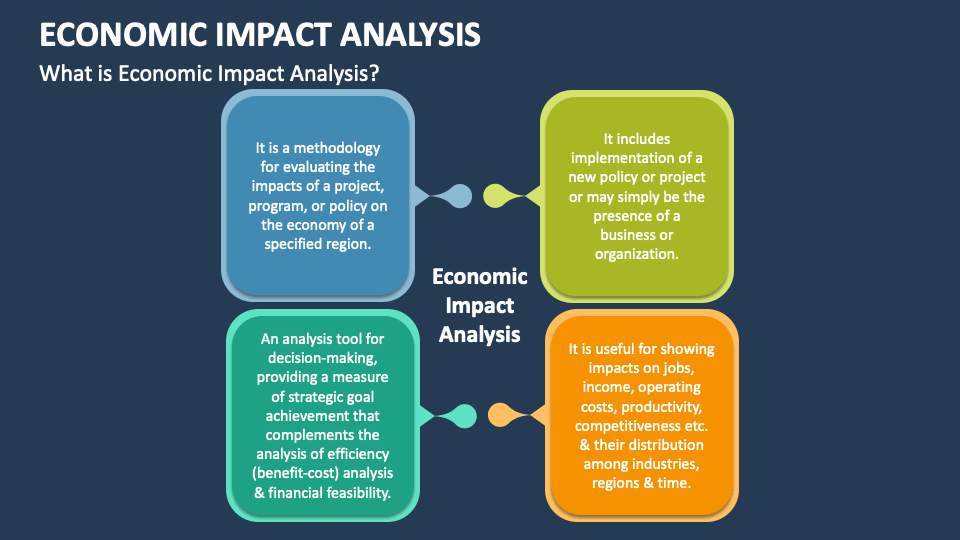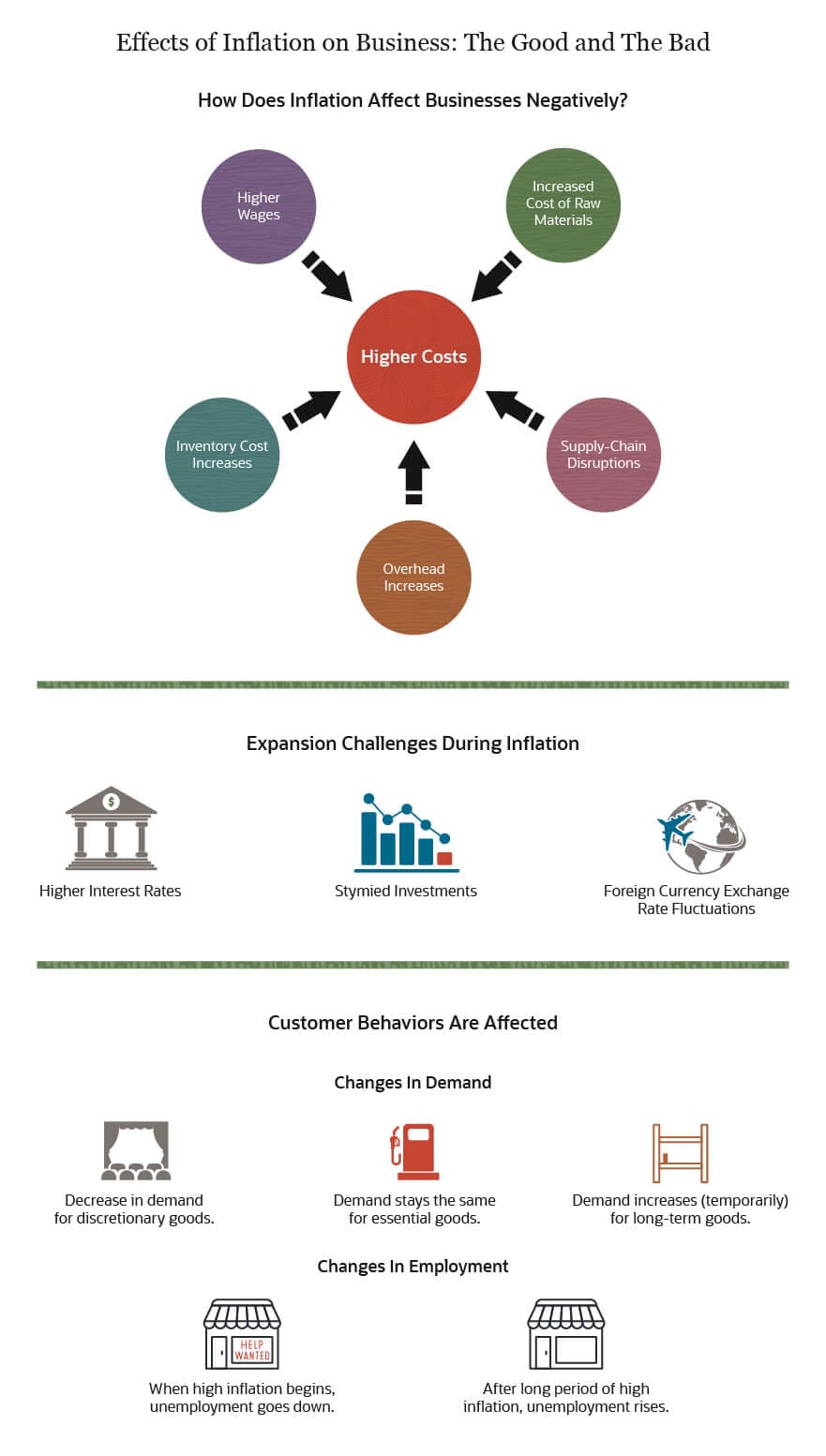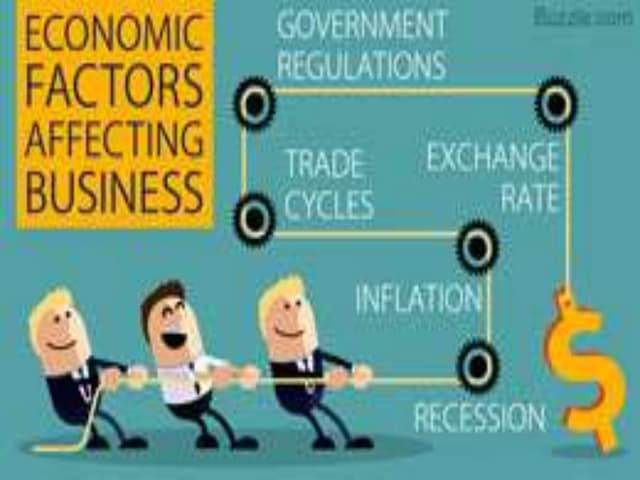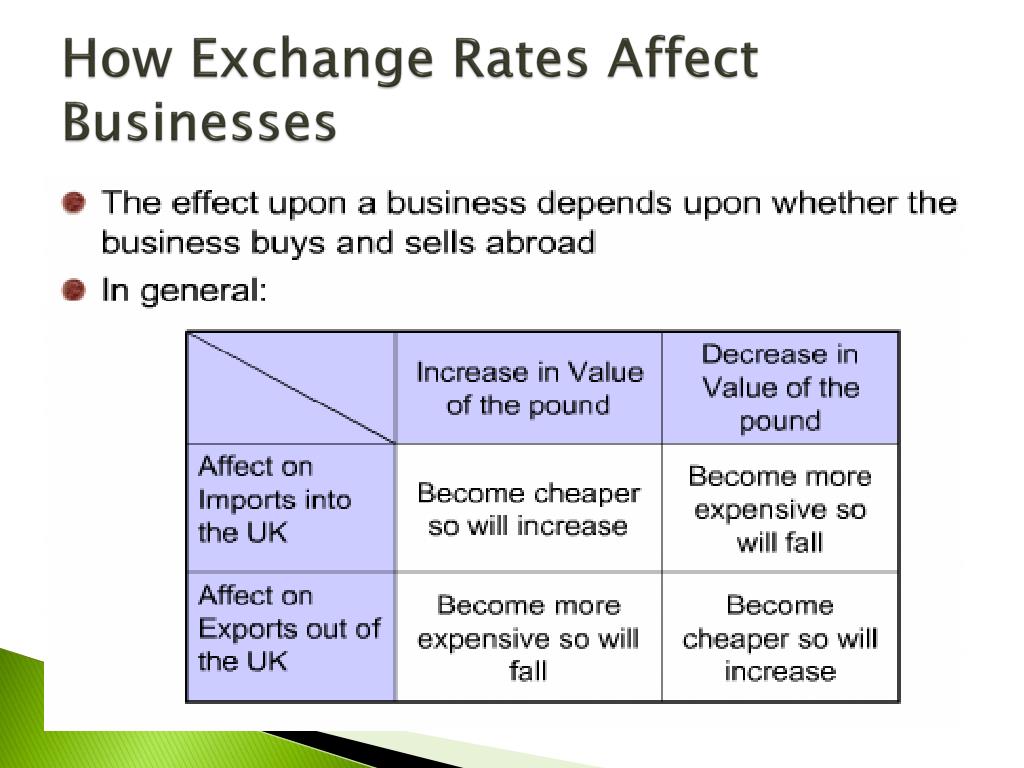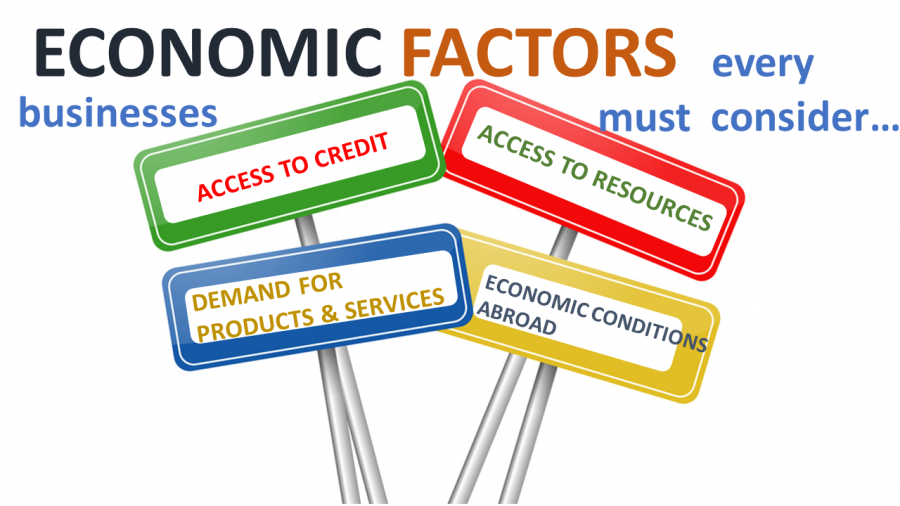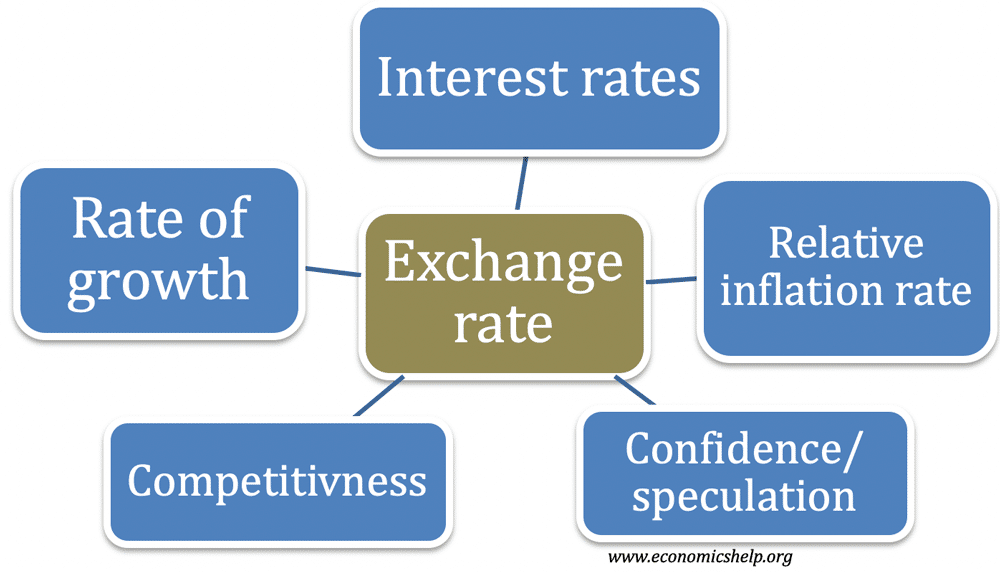How Does Economic Change Affect Business
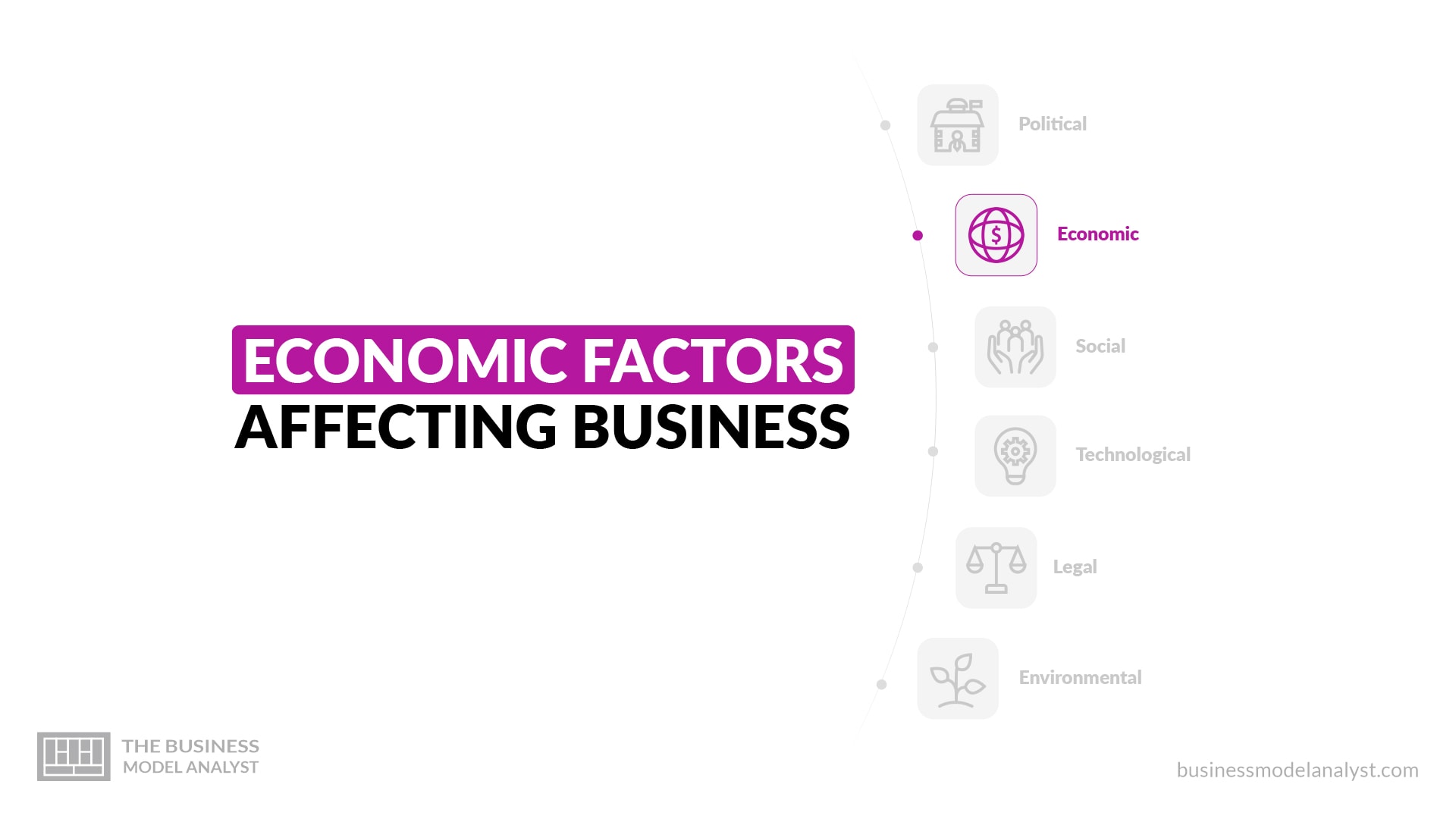
The economic landscape is in constant flux. These shifts, driven by factors ranging from technological advancements to geopolitical events, profoundly impact the business world, forcing companies to adapt, innovate, or risk obsolescence.
This article examines how economic change influences businesses, exploring the multifaceted ways in which macroeconomic trends, technological disruptions, and evolving consumer behavior shape corporate strategies, operational models, and ultimately, bottom lines. Understanding these dynamics is crucial for businesses of all sizes to navigate uncertainty and capitalize on emerging opportunities in an ever-evolving market.
Macroeconomic Forces and Business Impact
Changes in macroeconomic variables such as interest rates, inflation, and exchange rates exert significant pressure on businesses. Rising interest rates, for example, can increase borrowing costs, impacting investment decisions and profitability, especially for companies reliant on debt financing.
Conversely, lower interest rates can stimulate economic activity, boosting consumer spending and benefiting businesses across various sectors. Inflation, a general increase in prices, erodes purchasing power and can lead to higher input costs for businesses, potentially squeezing profit margins.
According to the International Monetary Fund (IMF), managing inflation is crucial for maintaining economic stability and fostering sustainable business growth. Exchange rate fluctuations also play a crucial role, particularly for companies engaged in international trade. A stronger domestic currency can make exports more expensive and imports cheaper, affecting competitiveness and profitability in global markets.
Technological Disruption and Adaptation
Technological advancements are reshaping industries at an unprecedented pace. Automation, artificial intelligence (AI), and the Internet of Things (IoT) are revolutionizing production processes, supply chain management, and customer service.
Businesses that embrace these technologies can improve efficiency, reduce costs, and gain a competitive edge. However, technological disruption can also create challenges, such as the need for workforce retraining and significant capital investments.
Companies must continuously monitor technological trends and adapt their strategies to remain relevant. Blockbuster's failure to adapt to the rise of streaming services serves as a cautionary tale of the consequences of ignoring technological change.
Evolving Consumer Behavior
Consumer preferences and expectations are constantly evolving, influenced by factors such as demographics, social trends, and technological advancements. The rise of e-commerce, for instance, has transformed the retail landscape, requiring businesses to develop online channels and enhance their digital presence.
Sustainability and ethical considerations are also increasingly important to consumers, who are demanding greater transparency and accountability from businesses. Companies that prioritize environmental, social, and governance (ESG) factors are often rewarded with increased customer loyalty and brand reputation.
Data from a Nielsen study suggests that a significant percentage of consumers are willing to pay more for products from companies committed to social and environmental responsibility. Businesses must understand and respond to these evolving consumer demands to maintain their market share.
Globalization and Trade Policies
Globalization has created interconnected markets, providing businesses with access to new customers, suppliers, and investment opportunities. However, it also exposes them to increased competition and geopolitical risks.
Trade policies, such as tariffs and trade agreements, can significantly impact businesses engaged in international trade. The recent trade tensions between the United States and China, for example, have created uncertainty and disrupted supply chains for many companies.
According to the World Trade Organization (WTO), fostering a rules-based international trading system is essential for promoting economic growth and reducing trade barriers. Businesses must carefully monitor trade policies and adapt their strategies to mitigate potential risks.
Navigating Economic Change: Strategies for Success
To thrive in a dynamic economic environment, businesses must adopt a proactive and adaptive approach. This includes investing in research and development, fostering a culture of innovation, and embracing digital transformation.
Diversifying markets and supply chains can also help businesses mitigate risks associated with economic uncertainty. Building strong relationships with customers and stakeholders is crucial for maintaining resilience and navigating challenging times.
Companies that prioritize agility, adaptability, and a long-term perspective are better positioned to succeed in an ever-changing world. Flexibility is the key to surviving and thriving.
The Future of Business in a Changing Economy
The pace of economic change is likely to accelerate in the coming years, driven by rapid technological advancements and increasing global interconnectedness. Businesses must prepare for a future characterized by uncertainty and disruption.
Investing in skills development, promoting diversity and inclusion, and embracing sustainable business practices will be critical for long-term success. The companies that can anticipate and adapt to these changes will be the leaders of tomorrow.
Ultimately, businesses that prioritize innovation, customer focus, and social responsibility will be best positioned to thrive in a rapidly evolving economic landscape.
